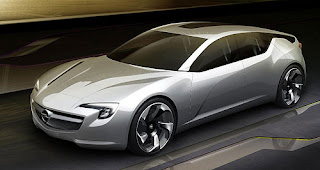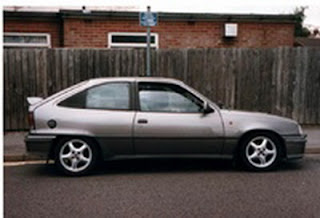Vauxhall | Car Review | Vauxhall or Vauxhall Motors or Vauxhall Motors Ltd is a company name ofBritish automobile manufacturer owned by GM, General Motors. Vauxhall Motors Ltd is headquartered in Luton, United Kingdom.
 |
| Vauxhall Astra, 2010 |
Vauxhall was founded in 1857 as a pump and marine engine manufacturer, began manufacturing cars in 1903 and was acquired by GM in 1925. It has been the second-largest selling car brand in the UK for over two decades. The current Vauxhall range includes :Agila (city car), Astra (small family car), Corsa (supermini), Insignia (large family car), Meriva (mini MPV) and Zafira (compact MPV).
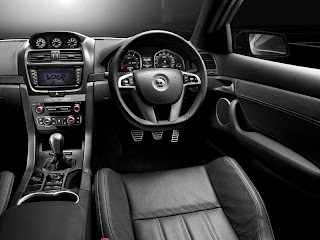 |
| Vauxhall VXR8 Interior, 2011 |
Vauxhall has major manufacturing facilities in Luton (commercial vehicles) and Ellesmere Port, UK (passenger cars). The Luton plant currently employs around 1,170 staff and has a capacity of approximately 100,000 units. The Ellesmere Port plant currently employs around 2,100 staff and has a capacity of approximately 187,000 units.
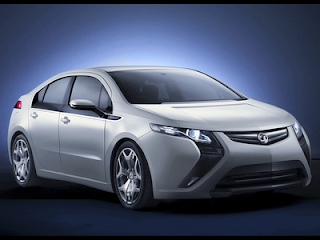 |
| Vauxhall Ampera, 2011 |
The Vauxhall product range is largely identical to that of Opel, GM's German subsidiary, and most models are principally designed in Rüsselsheim, Germany. A high proportion of Vauxhall-branded vehicles sold in the UK are produced at Opel factories in Germany, Spain and Poland, and roughly 80% of Vauxhall production is exported, most of which is sold under the Opel brand.
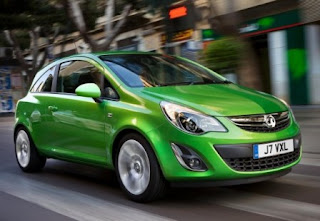 |
| Vauxhall Corsa, 2011 |
The griffin emblem, which is still in use, is derived from the coat of arms of Falkes de Breauté, a mercenary soldier who was granted the Manor of Luton for services to King John in the thirteenth century. By marriage, he also gained the rights to an area near London, south of the Thames. The house he built, Fulk's Hall, became known in time as Vauxhall. Vauxhall Iron Works adopted this emblem from the coat of arms to emphasise its links to the local area. When Vauxhall Iron Works moved to Luton in 1905, the griffin emblem coincidentally returned to its ancestral home.
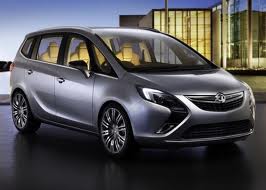 |
| Vauxhall Zavira, 2011 |
Alexander Wilson founded the company in the Dusian Road, Vauxhall, London in 1857. Originally named Alex Wilson and Company, then Vauxhall Iron Works, the company built pumps and marine engines. In 1903, the company built its first car, a five-horsepower model steered using a tiller, with two forward gears and no reverse gear. This led to a better design which was made available for sale.
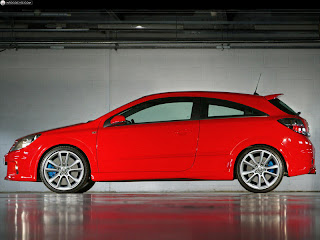 |
| Vauxhall Astra VXR, 2005 |
In 1903, the first ever Vauxhall car was the 6HP with its slow-revving single cylinder engine and a chassis that was Forward Thinking – amalgamating the chassis and lower body into a composite steel and wood structure. Vauxhall’s sporting debut also came in October 1903 with a time trail in the ninth Vauxhall ever made.
To expand, the company moved the majority of its production to Luton in 1905. The company continued to trade under the name Vauxhall Iron Works until 1907, when the modern name of Vauxhall Motors was adopted. The company was characterised by its sporting models, but after World War I the company's designs were more austere.
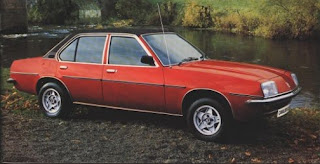 |
| Vauxhall Cavalier, 1980 |
In 1908, the A-type grew out of the Y-type prototype that beat Rolls Royce on a 200 mile speed test at the newly opened Brooklands track, laying more foundations for a dynasty of sporting Vauxhalls. The A-type sported a wide range of formal, touring and sporting coachwork. In 1910, The Prince Henry, with its distinctive pointed radiator was the most famous Edwardian Vauxhall of all, enjoyed by wealthy customers who regarded sporting motoring as something of an adventure coupled with an interest in new technology.
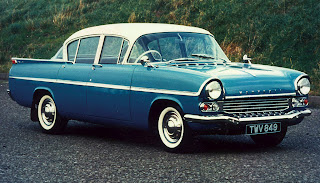 |
| Vauxhall Cresta PA, 1960 |
In 1922, Luton wanted out and out racing cars to compete in ever more competitive events. The 1922 TT Vauxhall was all that and more. A 3.0 litre racing car with engines by design legend H R Ricardo. Two overhead camshafts with four valves per cylinder, roller big ends in an aluminium block with wet sump lubrication pointed the way forward.
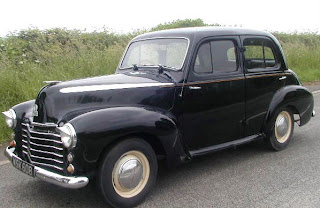 |
| Vauxhall Velox Series L, 1950 |
With its overhead valve engine, in 1923, the Vauxhall E-type 30-98 became the fastest catalogued car in Britain. Bodies included an elegant 4-seat Velox open tourer and a dramatic nautical-looking ‘boat-tailed’ Wensum with polished wood panelling.
 |
| Vauxhall, 1929 |
In 1925, General Motors buys Vauxhall for $2.5 million in a deal encouraged by GM President Alfred P Sloan Jnr. The first Vauxhall made under GM was a short wheelbase 21HP model. - CAR REVIEW
Vauxhall
